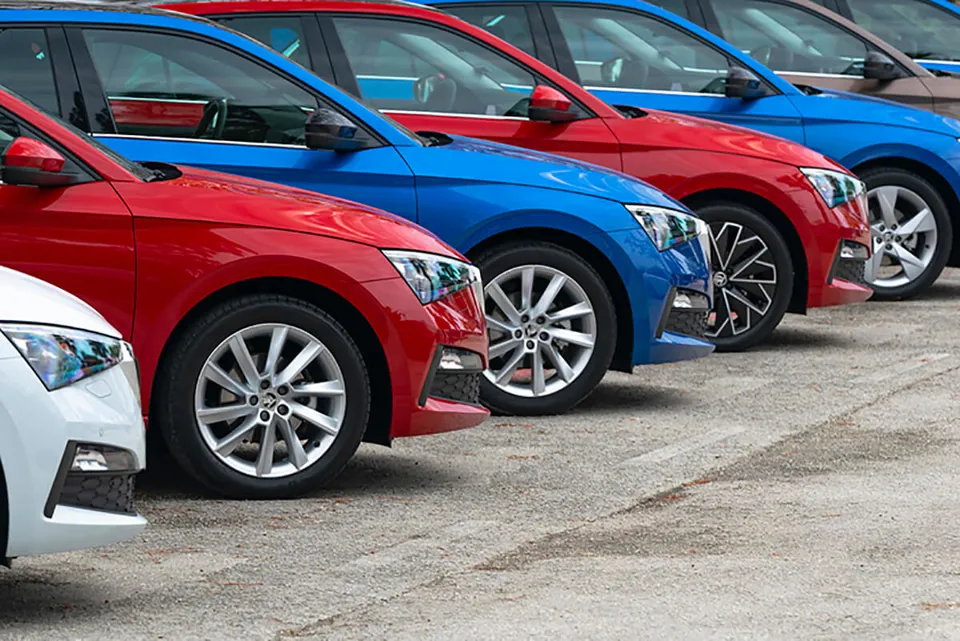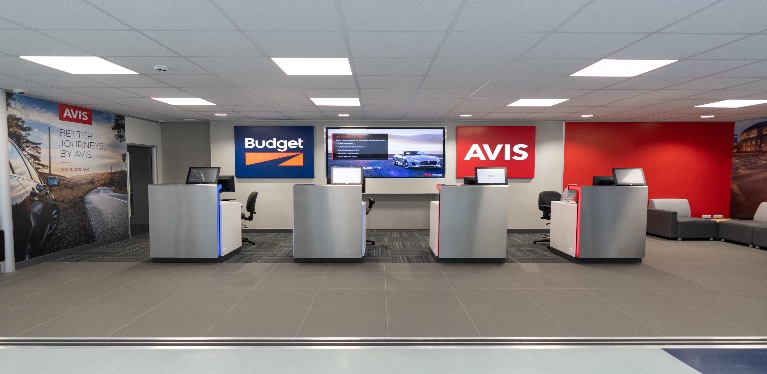Good News To Picking A Car Rental Site
What Do You Think Of The Insurance Coverage Provided By The Rental Firm For An Automobile?The insurance coverage as well as the options offered by the company are important in ensuring you have adequate protection and avoid unnecessary expenses. It is possible to review the insurance coverage you have for your rental car in a few ways- Understanding Basic Coverage. It is important to know the insurance coverage provided in the contract. Rental companies usually provide liability protection of a basic nature, which will cover the loss of property belonging to a third party and bodily harm in the case of an incident that was your at fault. The insurance is subject to limits and deductibles.
Check out additional coverage options. In addition to the standard insurance, many rental companies offer additional insurance options to provide additional protection. Additional coverage is Collision Damage Waiver, which eliminates or reduces your financial liability for damages to your rental vehicle. Loss Damage Waiver covers damage or theft to the car.
Review the coverage limits and deductibles. Look at the coverage and deductible limits for each option of insurance. Calculate the maximum the insurance company will pay in the event of loss or damage, and the amount you will be responsible for yourself (deductible) prior to the insurance coverage taking effect.
Take a look at your personal insurance policies Find out whether your own insurance policy for autos or your credit card offers any protection for cars you rent. Certain credit cards will provide insurance coverage for rental cars if you pay for the rental using the card. The same applies to rental cars. your insurance policy for cars may provide coverage for rentals, though it depends on the policy you have.
Examine Your Risk Tolerance Take into consideration your risk tolerance and financial situation when deciding whether you should purchase additional insurance. In addition, purchasing insurance may be beneficial if you are concerned about possible theft or damage to your rental vehicle and wish to have peace of mind. If you've got adequate insurance elsewhere, you can choose to forgo the insurance offered by the rental company in order to save money.
Inquire About Exclusions and Exceptions Inquire with the rental agency about any restrictions or exclusions to the insurance coverage, such as the restrictions on off-roading or drivers with no authorization, as well as using the car for commercial use. Be sure to read all terms and conditions in the policy. This will allow you to avoid any surprises in the event of accidents occur.
Document Existing Injury- Before signing the rental agreement carefully examine it for any damages or signs wear and wear and tear. Photographs or videos are taken to prove the damage. This will stop you from being charged for damage already existing in the vehicle before you return it.
Examining the insurance and other options offered by the rental firm can assist you in making the right choice. This way you'll be covered during your rental period without having to pay for unnecessary expenses. Check out the top rated recommended reading for Rent.Cars for site tips including trip rent a car, book hire car, trip rental car, cheapest place to rent a car, one day car hire, car rental and prices, near me rent a car, renting a car under 25, car rental car, rent a car same day and more.

How Do You Check Your Vehicle For Damage Or Indications That It's Worn Out?
The inspection of the rental vehicle for any damage or indications of wear and tear prior taking it over is crucial to avoid being held accountable for issues pre-existing prior to returning. For a thorough inspection make sure to follow these steps:
The exterior of the vehicle for any scratches, dents and other damages.
Pay attention to bumpers, doors and fenders. Pay particular focus on mirrors.
Check the windshield and windows for cracks, chips, or other damage.
Look underneath the car for signs of damage or leaks to the undercarriage.
Interior Inspection:
Open all the doors, including the trunk, and inspect the inside of your car.
Examine the seats for marks and wear that is excessive.
Check all adjustments to the seat, including the driver's seat to ensure that they work in a proper manner.
Examine for damages to the dashboard or steering wheel.
Make sure you check the air conditioning, heating and ventilation systems.
Test the audio system as well as any other electronic functions such as turning signals, lights etc.
Functional Inspection
Start the car then check the dashboard for any errors or warnings.
Test the brakes, accelerator, and clutch (if applicable) to make sure they are operating smoothly.
Check that all lights are on by turning on your headlights, brakes and high beams.
Check the windshield washers, washer liquid, horn and emergency/parking braking.
Document any Damage
To record any damage you have to document damage, you can use the rental agreement form, or the smartphone app offered by your rental company.
Take multiple photos or videos from various angles of the vehicle, paying special attention to areas that show signs of damage.
Notate the location and size, as well as the severity and nature of the damage for each scratch, dent or other damage.
You must inform the representative from the rental company about any damage before you take the car.
Report Damage
The representative of the rental company must be informed of any damages or issues that you've found in the course of your inspection.
Please ask that they document any damages to their records. Also request a copy of the inspection report.
Make sure that you and the representative from the rental company complete the rental agreement or inspection report in order to confirm the damage.
Following these steps will help you avoid any legal concerns and ensure that your rental experience is smooth.

What Should You Be Aware Of About The Policy On Fuel For The Rental Company You Are Renting From?
Understanding the rental company's fuel policy is essential to avoid additional charges and ensure a smooth return process. It is possible to understand the fuel policy through a review of the rental contract. The fuel policy usually appears in the contract, usually in a section titled "Fuel Policy", or "Refueling."
Make sure you read the terms Check the terms and conditions to see if there are any specific requirements regarding the policy on fuel. This includes whether you must return your vehicle with a full tank of gas, if the tank was purchased at a specific price, or if any refueling costs are applicable.
It is possible to ask Rental Company Representatives for Clarification- If you are unsure about the fuel policy, or have any questions, don't hesitate to get in touch with the staff of the rental company. For more information regarding their fuel policies, contact the customer support department at the rental company via email, phone or live chat.
Some rental companies ask you to return your vehicle that is fully fueled to avoid additional charges. Fill up your tank at the closest gas station to avoid charges for refueling. Keep the receipt as proof of the fuel refill.
Some companies let you purchase a fuel tank at a fixed price before taking possession of your vehicle. The option lets you to return the vehicle at any level and avoid being charged for fuel. You might not receive a full refund for any fuel that is left over.
If you don't pre-purchase fuel and return your car with less fuel than the total tank the rental company may charge you to refuel the vehicle. This includes both the fuel price as well as an additional service charge. This could be significantly more costly than local gas prices.
Learn about The penalties- Be aware of any charges or penalties relating to the fuel policy, for example, administrative charges for failing to adhere to the refueling rules. Knowing the penalties ahead of time will help you avoid any unexpected costs when you return the vehicle.
Plan ahead. Be sure to plan ahead for refueling your car according to your travel schedule and the guidelines for fuel at the rental agency. To avoid paying refueling fees ensure you have enough time to find a gas station nearby and fill the tank.
You can stay clear of additional charges by following the fuel policy of your company.
